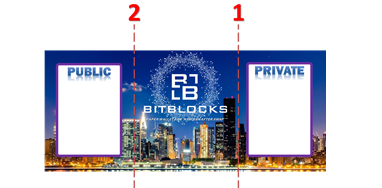MOVE your mouse around to add some extra randomness...
OR type some random characters into this textbox
You may skip this step if you do not plan to use the random key generator.
Note: About the Bitblocks Paper Wallet Generator
The Bitblocks Paper Wallet Generator is a modification of Michael Mure's Universal Paper Wallet Generator, which can be found on Github. If you would like, you can use that version to output keypairs, but this version was created in order to accomodate a different design setup. This is provided without warranty.
Step 0. Follow the security checklist recommendation
First step is to download this website from Github and open the index.html file directly from your computer. It's just too easy to sneak some evil code in the 6000+ lines of javascript to leak your private key, and you don't want to see your fund stolen. Code version control make it much easier to cross-check what actually run. For extra security, unplug your Internet access while generating your wallet.
Step 1. Generate new address
Click on the "Generate new address" button.
Step 2. Print the Paper Wallet
Click the print button and print page on high quality setting. Never save the page as a PDF file to print it later since a file is more likely to be hacked than a piece of paper.
Step 3. Fold the Paper Wallet
Fold your new Paper wallet following the lines.

You can tape the closing side to lock your wallet.
Step 4. Share your public address
Use your public address to receive Bitblocks from other users and participating vendors. You can share your public address as much as you want.
Step 5. Keep your private key secret
The private key is literally the keys to your Bitblocks, if someone was to obtain it, they could withdraw the Bitblocks currently in the wallet, and any Bitblocks that might be deposited in that wallet later.
Please test sending a small amount before receiving any large payments.
If you like this modification of the Universal Paper Wallet Generator, please consider sending a few Bitblocks my direction at: BHaY8zXycECFATyWtxbwKCYm3HP2yh4xLs

Scan QR code using your camera
Permission denied. Your browser should display a message requesting access to your camera. Please click the "Allow" button to enable the camera.
51 characters Base58
52 characters Base58

